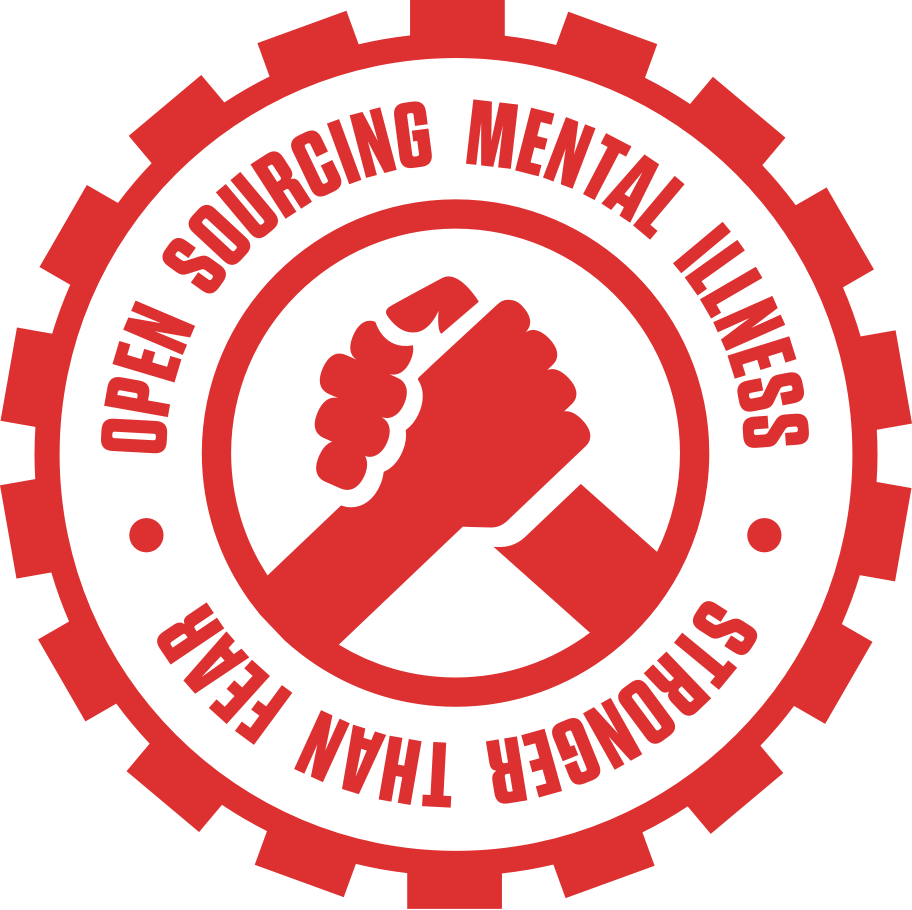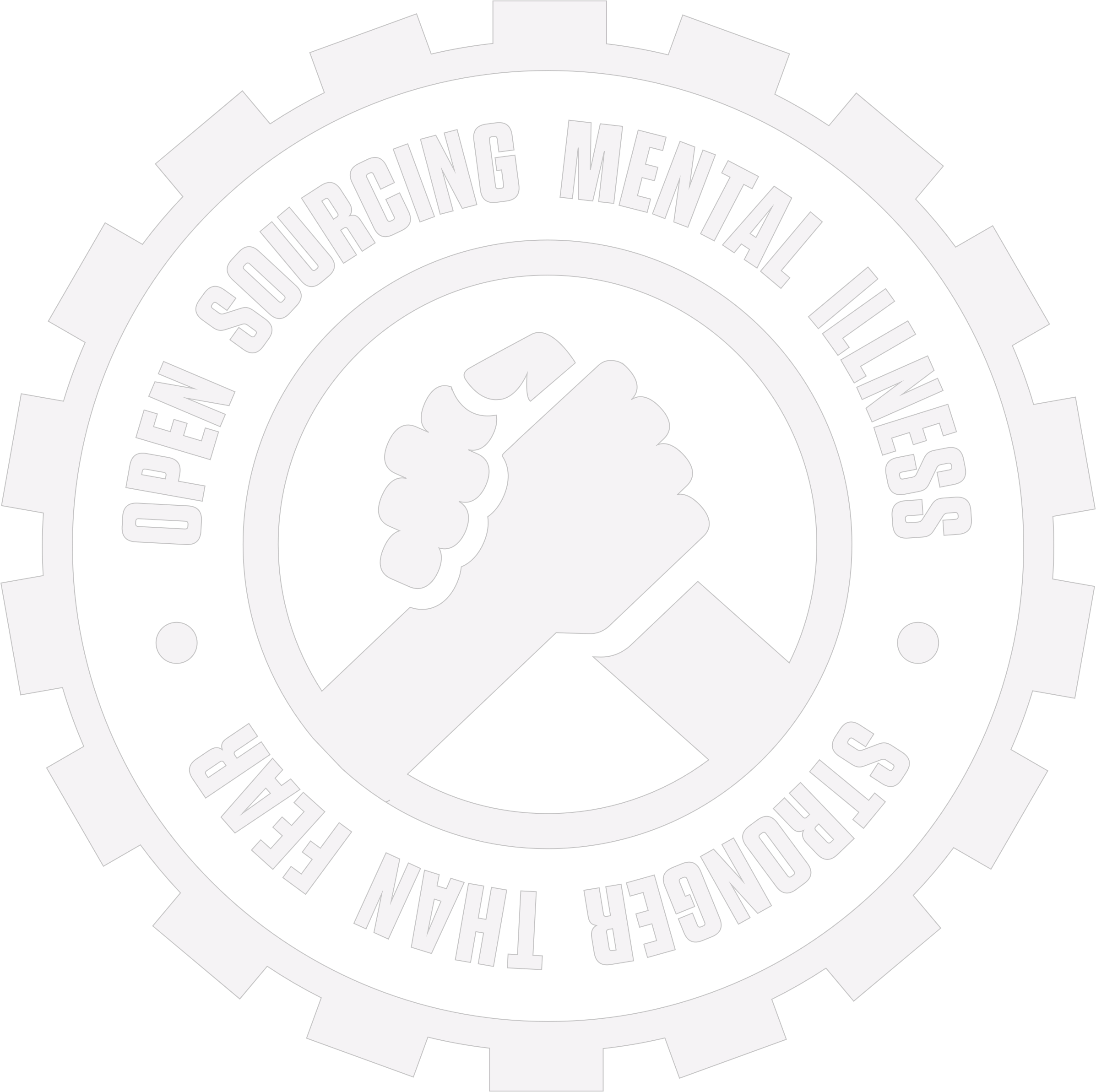
Undergraduate Computer Science students at highly competitive institutions, such as the one at which I teach, live with a tremendous amount of stress. Courses are fast-paced and extremely rigorous, often requiring algorithmic thinking skills as well as strong programming ability. Students in large classes may feel like a nameless face, especially if they are members of historically underrepresented or marginalized groups. And outside of school, there is often pressure to get a job at a top software company, many of which typically have extremely competitive and selective hiring processes.
A certain level of stress is good and is part of the learning process, yet now more than ever, we are seeing Computer Science student stress turn into distress. Students often feel that they are unable to cope with their workload and the pressures they put on themselves, in addition to the pressures they feel from society, their peers, and from their families.
To that end, it is critical that Computer Science instructors signal that they care about their students’ mental health and create environments in which students can get the support they need. At the very least, instructors should ensure that students know about campus mental health resources such as counseling services, peer-to-peer hotlines, etc., by listing them in their course syllabus and in easy-to-find locations in course discussion boards and learning management systems.
Getting students to know about resources is the easy part: getting them to use those resources is trickier. An important step for instructors is destigmatizing their use and indicating that it is perfectly okay to ask for help when it comes to mental health. Students look to their instructors for guidance in both academic and life-related issues, and it can be very effective for instructors to make in-class announcements reminding students about these resources. Instructors who are not comfortable making the announcement themselves can invite representatives from student wellness groups to talk about these resources. Regardless of who does the talking, demonstrating to the students that this is important enough to mention during class goes a long way.
In my classes, I not only remind students about campus mental health resources, but I also state publicly that I live with a mental illness and see a therapist. I make it clear that I’m happy to meet with students if they’d like to discuss their mental health concerns with me. I know from discussions with colleagues that not everyone is as comfortable with being as open about this as I am, but this revelation certainly signals that I care about this topic as well as my students’ mental health. It is not easy to stand in front of a room full of 300 undergraduates and tell them about my mental illness, but later in the semester when a student tells me “I started using the campus mental health resources because of what you said in class,” then I know I’m doing something right.

